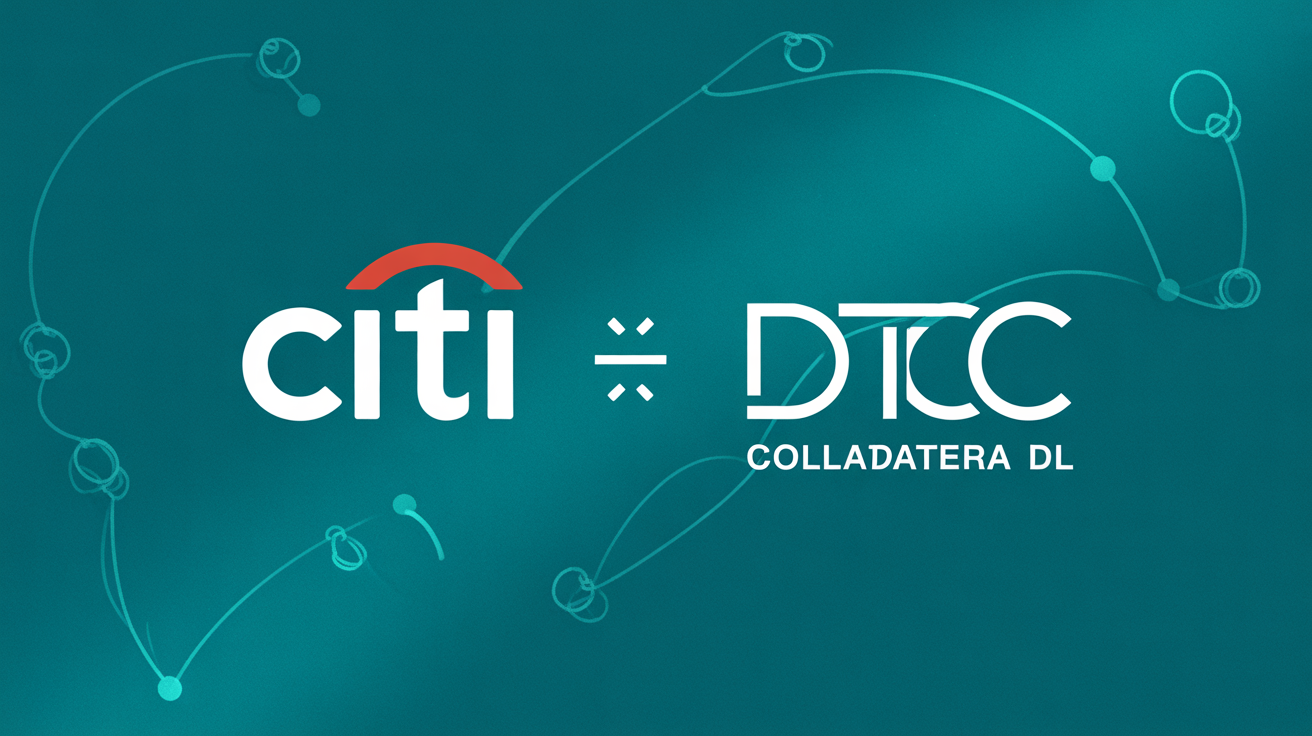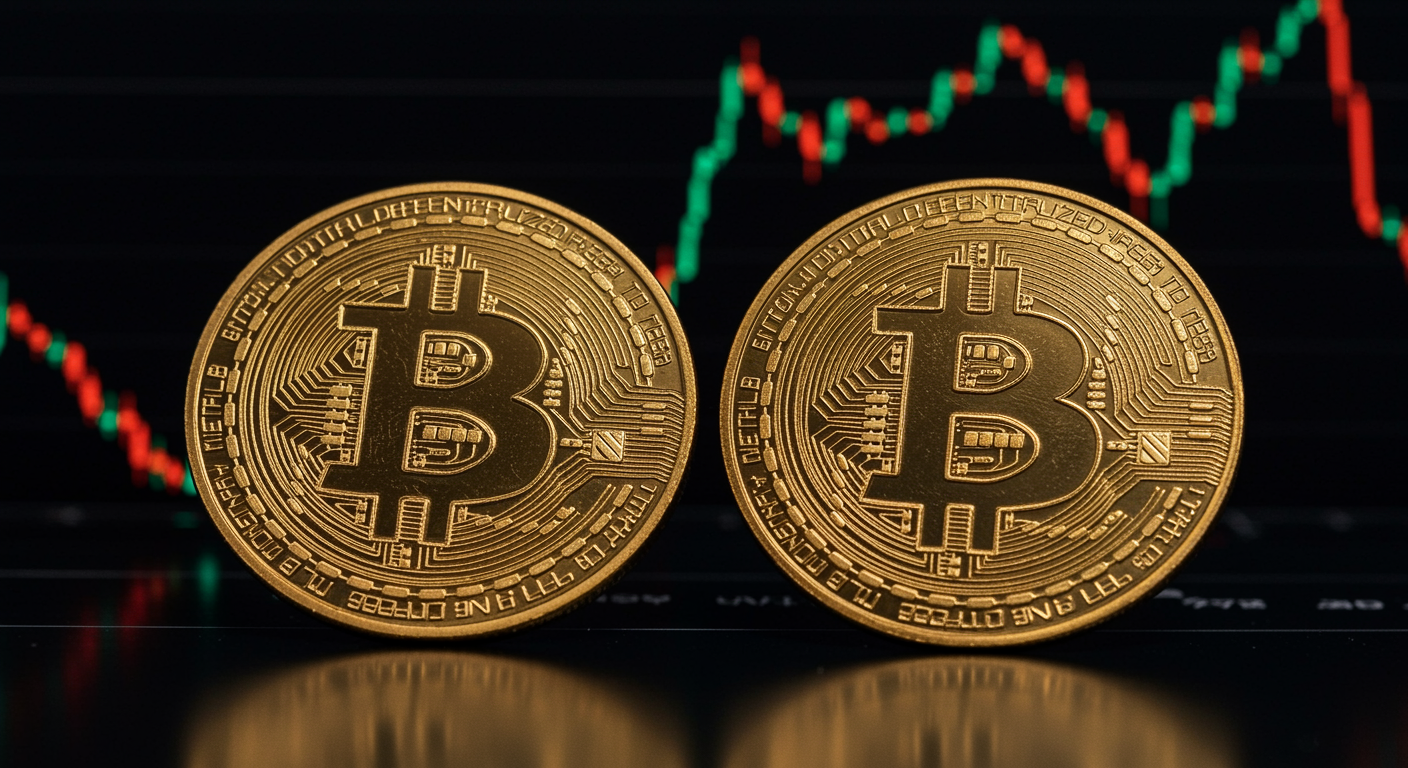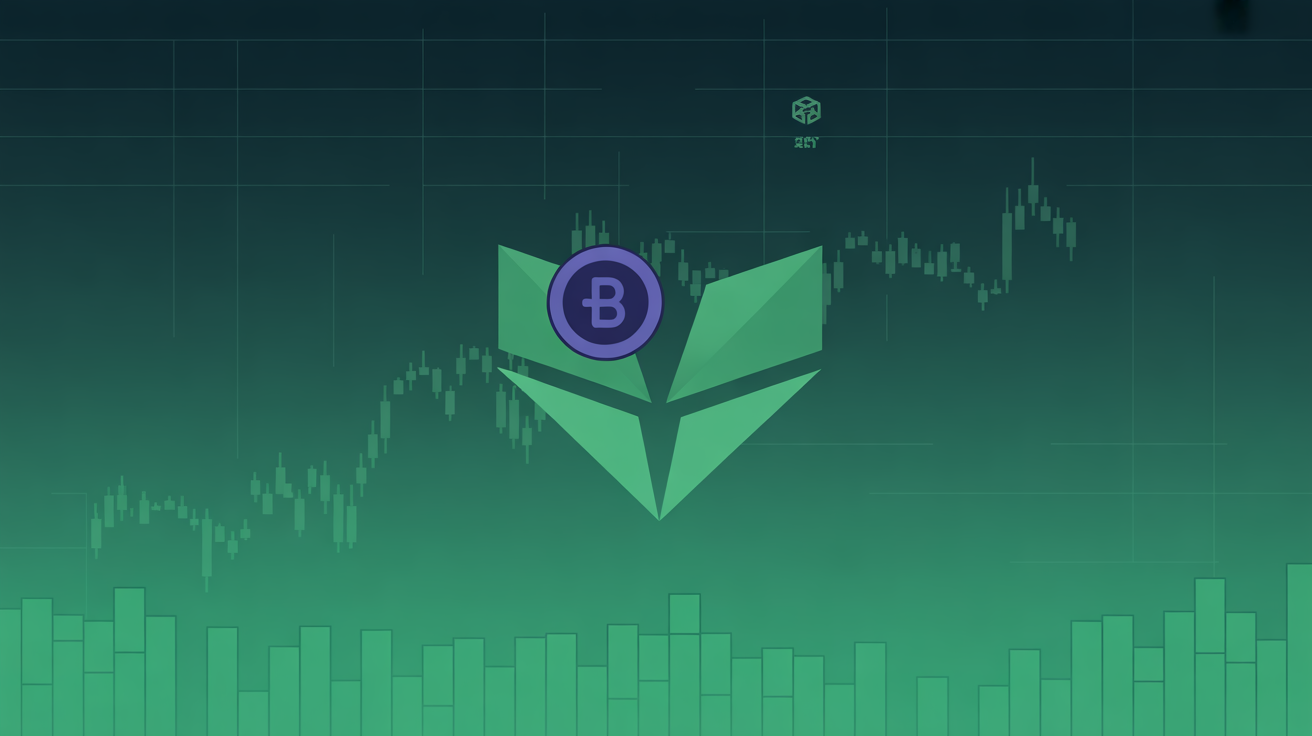Citi, DTCC Say Tokenization Is Ready for Scale — But Regulation Still Lags
November 6, 2025
Global finance leaders say tokenized collateral is proving its value in live markets, yet inconsistent regulation remains the key obstacle to mainstream adoption.
Speaking at Chainlink’s SmartCon 2025 in New York, executives from Citi, DTCC, and Taurus said that while blockchain-based settlement systems are working at scale, fragmented legal frameworks continue to slow integration across jurisdictions.
Ryan Rugg, global head of digital assets at Citi Treasury and Trade Solutions, said the bank’s Citi Token Services platform is already operational in the U.S., U.K., Hong Kong, and Singapore — moving billions of dollars through real-world transactions covering trade finance, supply chain payments, and capital markets.
“Clients use it every day, not just off-hours or weekends,” Rugg said. “It’s a clear sign that tokenized money is delivering tangible value.”
However, Rugg noted that expanding to new markets remains complex because each region has different regulatory standards. Citi’s broader goal — building a global, multi-bank, multi-asset network — requires harmonized legal structures that do not yet exist.
DTCC’s Nadine Chakar echoed the sentiment, pointing to the firm’s “Great Collateral Experiment”, which demonstrated that tokenized Treasuries, equities, and money market funds could serve as cross-border collateral.
“The technology works — that’s not the issue anymore,” Chakar said. “What’s missing is legal enforceability and interoperability between systems.”
Chakar added that most institutions have developed tokenization models independently, with unique legal and smart contract assumptions that make cross-platform integration difficult. DTCC is now working with SWIFT and major clearinghouses to develop standardized communication protocols and governance principles.
Taurus co-founder Lamine Brahimi said the U.S. and other jurisdictions should look to Switzerland’s approach, where clear national standards already govern tokenized assets. Without coordination, he warned, markets risk fragmentation, security vulnerabilities, and inefficiency.
Panelists agreed that wallet-based systems could gradually complement traditional account infrastructure, paving the way for 24/7 settlement. But until regulation keeps pace, progress will remain limited.
“Digital assets can move anywhere, any time,” Chakar said. “Our laws can’t — and that’s where innovation gets stuck.”





























